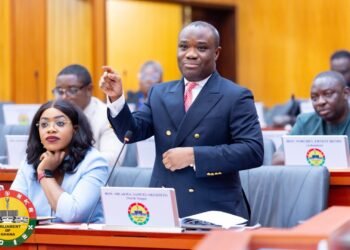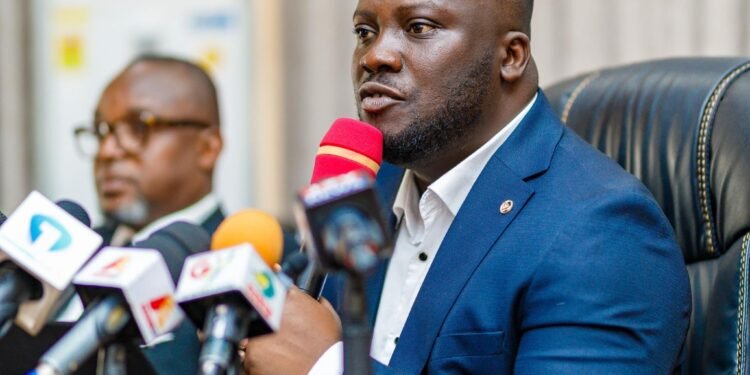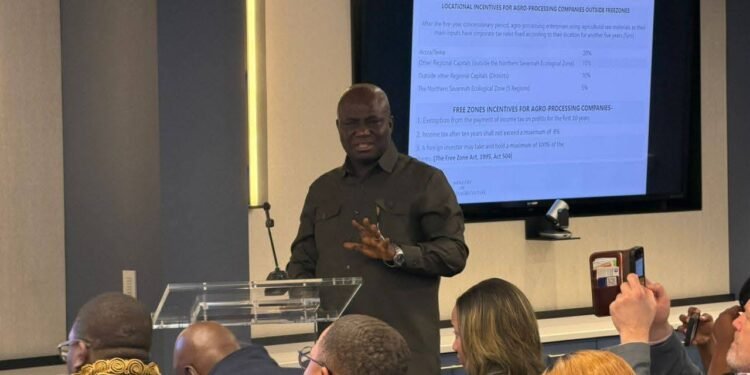Ghana is on the brink of a severe clean water crisis if immediate and collaborative efforts are not made to protect the country’s vital water resources.
This urgent warning was delivered by Dr. Justice Aduko, Project Manager for Blue Deal Ghana under the White Volta Basin Secretariat of the Water Resources Commission, during a recent workshop aimed at raising awareness among local stakeholders in the Gambaga-Sub-Basin Committee.
Dr. Aduko cited alarming scientific studies showing that “if current trends continue,” Ghana could face a shortage of clean water as soon as 2030.
The situation calls for a collective shift in human behavior towards the environment, he emphasized, warning that the nation’s water bodies are being seriously threatened by multiple factors.
“Our water bodies are under serious threat from pollution, illegal mining, poor waste disposal, and climate change. Illegal mining is the most destructive force. It uses water extensively and contaminates it with dangerous chemicals, making it unsafe for use.”
Dr. Justice Aduko
According to him, these activities not only deplete water supplies but also render them hazardous, posing a significant risk to public health and livelihoods.
The Blue Deal Project, which is supported by the Dutch government, is at the forefront of Ghana’s efforts to address this growing crisis.
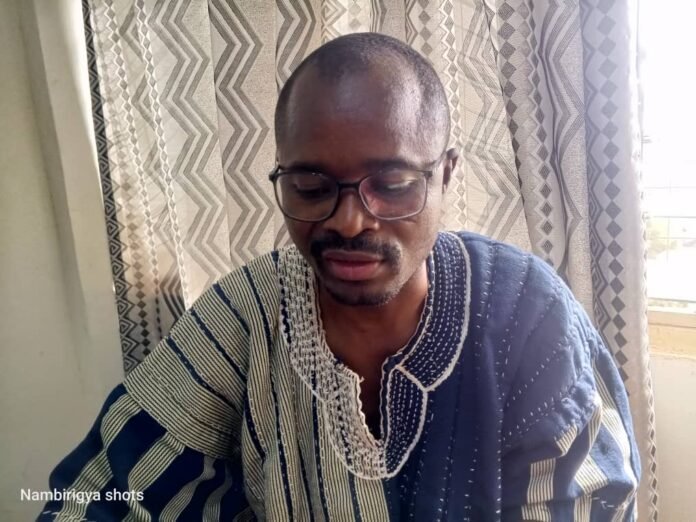
Dr. Aduko explained that the project’s primary goal is to “ensure that 20 million people globally gain access to clean, sufficient, and safe water.”
Within Ghana, the initiative is implemented in partnership with the Water Resources Commission and focuses specifically on managing water resources in the White Volta and Lower Volta Basins—two critical watersheds for the country.
A key part of the project’s strategy is the adoption of Integrated Water Resources Management (IWRM) approaches. These strategies target vital sectors such as drinking water, sanitation, irrigation, reforestation, and disaster risk reduction.
By improving governance frameworks and organizational structures, Blue Deal Ghana hopes to enhance knowledge transfer about water quality, quantity, and safety, thereby enabling local communities to better manage their water resources.
Ghana Urged To Protect Clean Water
Dr. Justice Aduko reaffirmed Blue Deal Ghana’s dedication to empowering local leaders and communities. “Water is life,” he reminded the audience. “Without it, development cannot be sustained. We must act now—together.”
The project’s ongoing initiatives include promoting tree planting, enforcing proper waste disposal, and actively combating illegal mining activities around water sources.
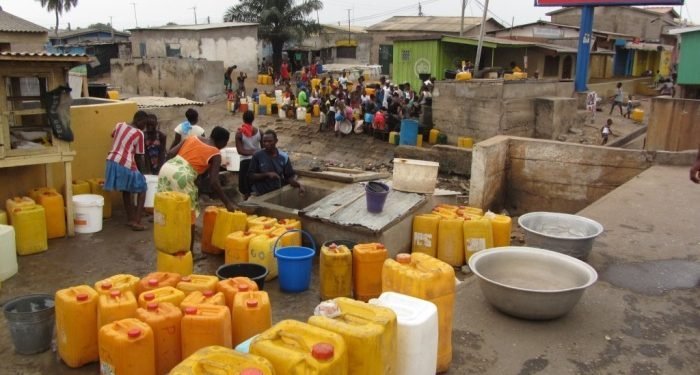
The warning from Dr. Aduko and the efforts of Blue Deal Ghana highlight a crucial message for the nation: clean water scarcity is not just an environmental issue—it is a national development challenge that affects health, agriculture, and economic growth.
Protecting water resources requires unified action from government agencies, local communities, and individuals alike.
As Ghana strives toward sustainable growth, ensuring access to safe and clean water must remain a top priority. The future of millions depends on how effectively the country can manage and protect its water basins today.
Meanwhile, the government has recently sounded a strong warning about the looming threat of a water crisis in the Upper West Region if illegal mining activities, commonly known as galamsey, are not swiftly and effectively addressed.
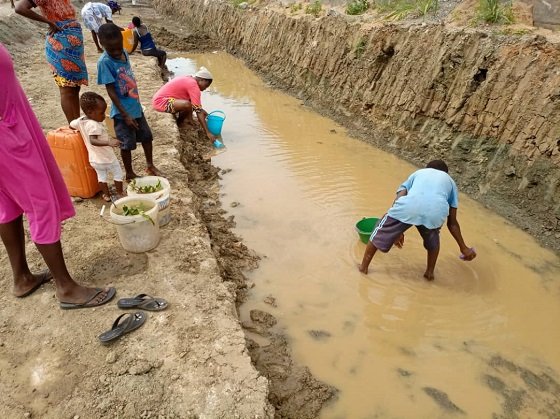
During an inspection tour of heavily affected communities, including Dochira, Bankpama, and Chiatanga, officials expressed grave concern over the extensive pollution of the Black Volta River caused by illegal miners.
The contamination of this vital water source, they warned, could lead to dire consequences for the availability and safety of water supplies throughout the region, impacting both human health and local livelihoods.
The government urged all stakeholders—community members, traditional leaders, and security agencies—to come together in a united front to combat the destructive practice.
According to the tackling illegal mining requires not only physical enforcement and regulatory measures but also a strong spiritual resolve.
This combined commitment, the government stressed, is essential to protect the environment and secure clean water for current and future generations in the Upper West Region.
READ ALSO: Gold Board Extends License Transition Deadline to June 21, 2025







